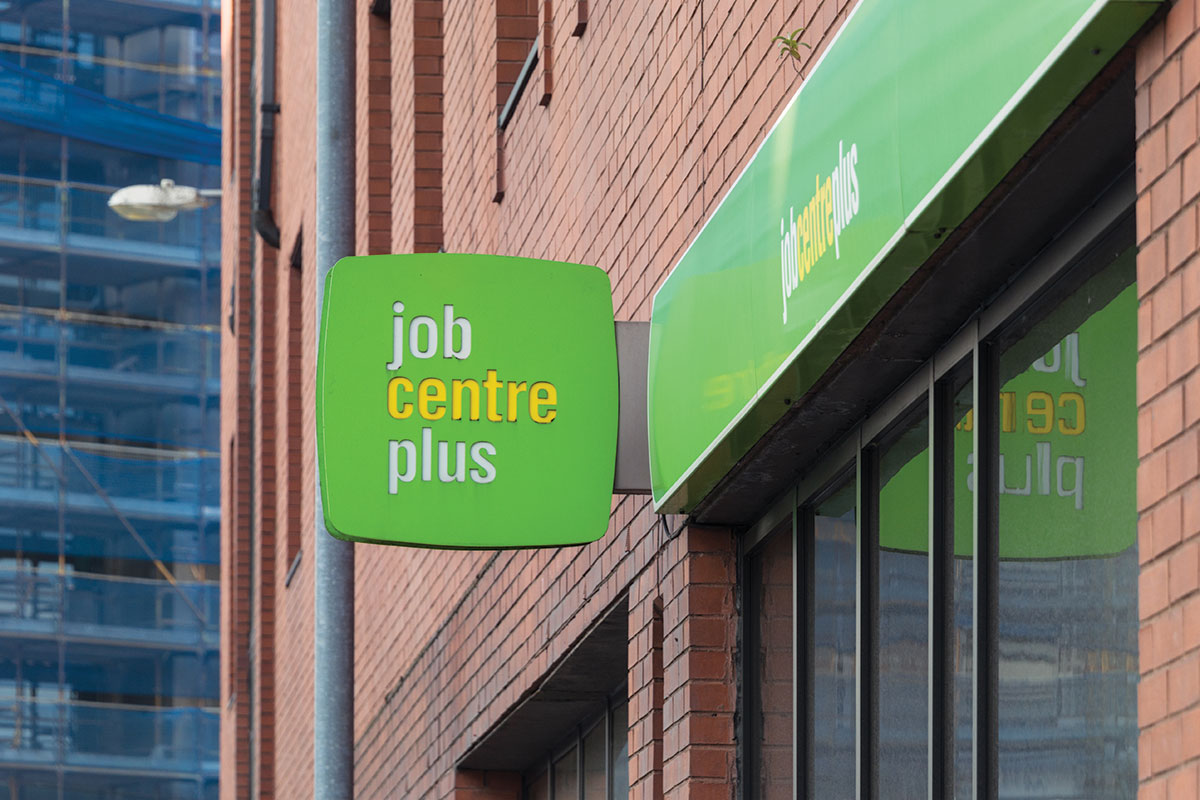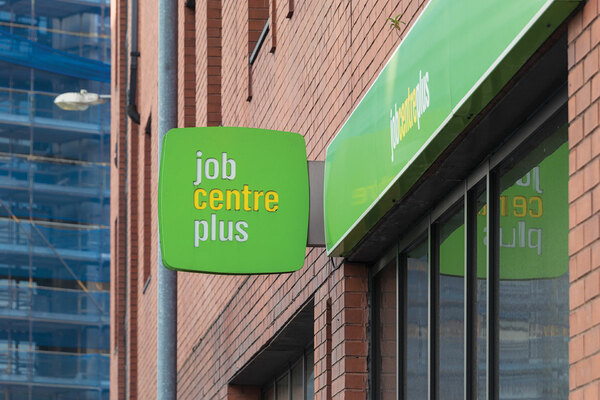You are viewing 1 of your 1 free articles

For too many residents, Universal Credit is still failing to prevent hardship
Our research suggests that Universal Credit is still failing to support those who need it. The government must face up to flaws in the system, writes Emily Pumford
Over the past three years we’ve commissioned an independent survey of our customers who are claiming Universal Credit to tell us about their experiences of the application process, receiving their first payment and managing their finances.
We’re sad to say that, over the course of our research, it seems that for many not much has changed.
Many customers are still waiting more than five weeks for their first payment, facing financial hardship as they try to manage their money and struggling to understand the complex breakdown of their payments.
All this while trying to keep up to date with their bills as well as feed their families and look after their mental health.
But disappointingly, the government appears unwilling to take action to end the five-week wait, and appears to be failing to understand that advances intended to make life easier can actually lead to financial difficulties as people try to understand their payments and juggle their finances while they repay the loan.
This is despite overwhelming evidence presented by the Work and Pensions Committee and the House of Lords Economic Affairs Committee, supported by our own work.
The government has even gone as far as to state that it will not be commissioning any research to understand the impact of Universal Credit on the rising use of food banks, on rent arrears or on claimants’ mental health and well-being.
This past year, the COVID-19 pandemic has put a spotlight on our welfare system, with the number of Universal Credit claimants doubling. The government has risen to the challenge, with temporary measures such as the £20 per week Universal Credit uplift and the increase to Local Housing Allowance rates, proving a vital lifeline to many.
Our research shows that, while these initiatives are welcomed by claimants, they’re simply not enough.
Our most recent survey shows that 65% of claimants are waiting more than five weeks for their first payment and this wait often leaves the claimant facing financial hardship. Not surprisingly, the longer the wait, the more likely the customer is to experience financial difficulties, with 85% of customers who had to wait over eight weeks experiencing financial hardship.
“Almost 35% have relied on food banks as a direct result of claiming Universal Credit, which they describe as a ‘degrading and humiliating’ experience”
Almost three-quarters of claimants who responded had received or applied for an advance. But over half of those who received an advance stated that the punishing rate of repayments had actually left them facing increased financial hardship.
The financial struggles are real. For many, the wait for the first payment and the advance system meant they had to rely on help from family, friends and other loan companies.
Almost 35% have relied on food banks as a direct result of claiming Universal Credit, which they describe as a “degrading and humiliating” experience.
The impact on mental health has also reached new heights, with over 55% saying that their mental health had got worse, and only 5% saying that it had improved as a direct result of claiming Universal Credit.
As well as worrying about not being able to put food on the table, many customers were also worried about falling into arrears and consequently being at risk of eviction.
Rent arrears for our customers claiming Universal Credit are actually 60% higher than those claiming housing benefit – possibly because over half of Universal Credit customers reported that they were not aware their advance payment included housing costs that they needed to pay to us.
More than 70% of claimants who responded to our survey and had received an advance said they would prefer to have the rent element removed and paid directly to their landlord by the Department for Work and Pensions. Paying the housing element of their claim directly to landlords at the beginning of a claim would remove some of the stress and worry customers feel at the outset of their claim, setting them off on the right foot financially and for their well-being.
While these results might sound shocking (and they should!) they actually suggest a slight improvement in people’s experiences of claiming Universal Credit in comparison to last year, when 80% of claimants experienced financial hardship as a result of waiting for the first payment, over 60% of claimants experienced financial hardship as a result of repaying their advance, and more 40% of claimants had used a food bank as a result of the impacts of Universal Credit.
“Paying the housing element of their claim directly to landlords at the beginning of a claim would remove some of the stress and worry customers feel at the outset of their claim”
We don’t know exactly why claimants’ experiences have improved this year, but it doesn’t seem too much of a stretch to suggest that the £20 uplift provided during the pandemic has made a positive impact. Maintaining the uplift well beyond the pandemic would help to prevent more future claimants from having the negative experiences highlighted in our survey.
It is clear that for many claimants, Universal Credit is still not working, but there are changes within our grasp that could make things much better.
If the government is committed to ensuring that it does work long term for the majority of claimants, then it must commission research to fully understand the implications on claimants’ experiences of money management, reliance on food banks and the wider impacts on their mental health.
And reducing the initial wait for a first payment of Universal Credit must surely remain a long-term goal. It is not good enough to rely on an advance system that simply doesn’t work for many claimants, especially when rent is included.
Emily Pumford, policy and strategy advisor, Riverside
Sign up for our Week in Housing newsletter
Already have an account? Click here to manage your newsletters





